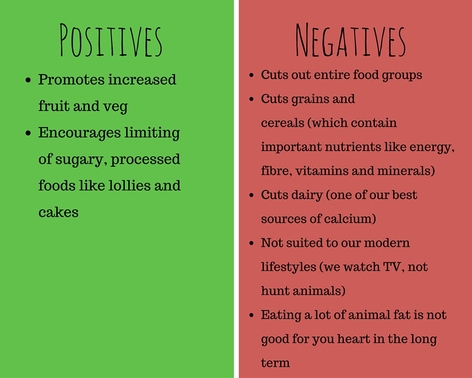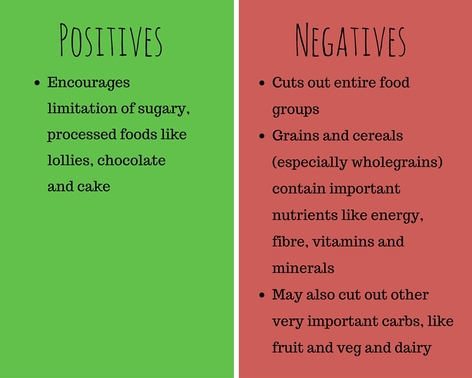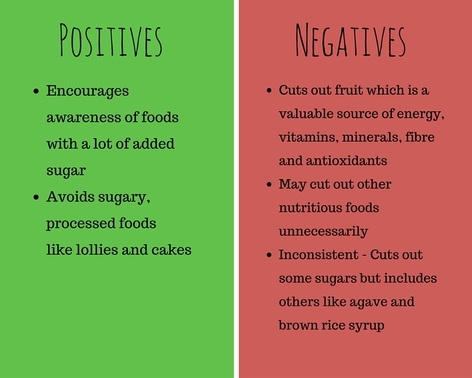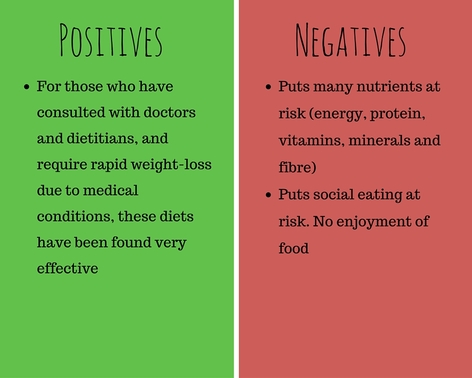Mythbusting diets
There are many different diets flying around these days. It’s hard to know which ones are legit, and which ones are complete garbage. Here are a few of the common ones and what we (and science) have to say about them.
The paleo diet
The paleo diet is one fad diet causing arguments all over the place. It claims to copy the diet of our hunter-gatherer ancestors from hundreds of thousands of years ago. The diet cuts out all dairy, grains and cereals and most processed foods. It encourages meat, nuts and seeds, fruits, vegetables and animal fats.
Verdict
Avoid. Although it promotes increasing fruit and veg, and limiting sugary, processed foods and drinks, cutting out whole food groups is unnecessary and can be bad for your health.
Low or no Carb Diets
These diets are typically low in carbohydrates and high in protein and/or fat. Carbs are usually only thought of as pasta, bread and rice, but many people don’t realise that lots of other foods contain carbs, like fruit, vegetables and dairy.
Verdict:
Avoid. Carbohydrates are a very important part of our diet; they are our bodies’ preferred source of energy and provide us with important nutrients such as vitamins, minerals and fibre.
I Quit Sugar
The I Quit Sugar program is another popular diet these days. They claim sugar, (fructose in particular) is the enemy and encourages its removal from our diet. This includes all foods with added sugar, but also other foods that naturally contain sugar, like fruit and honey.
Verdict:
Avoid. While it does promote awareness of added sugars, it is unnecessary to cut out naturally occurring sugars (for example fruit), and restricting your diet so severely can result in nutritional deficiencies.
Meal replacement diets (eg. Optifast)
In these diets, entire meals (maybe even all) are replaced, usually with low-energy liquids or snack bars for a short period of time.
Verdict:
Avoid. These diets are only suitable for people who have genuine medical reasons to lose weight and who are monitored by their doctor and dietitian.










